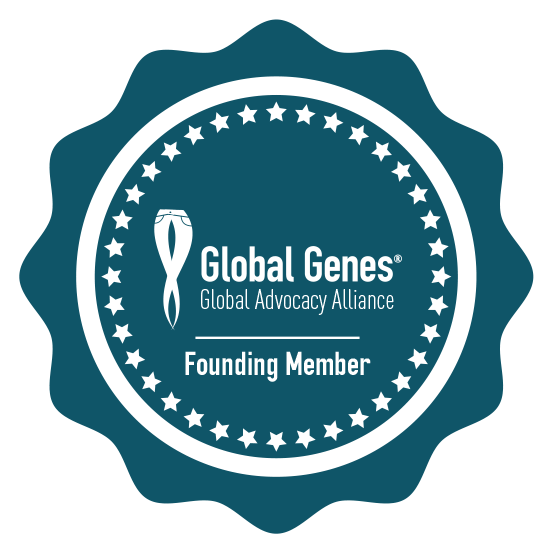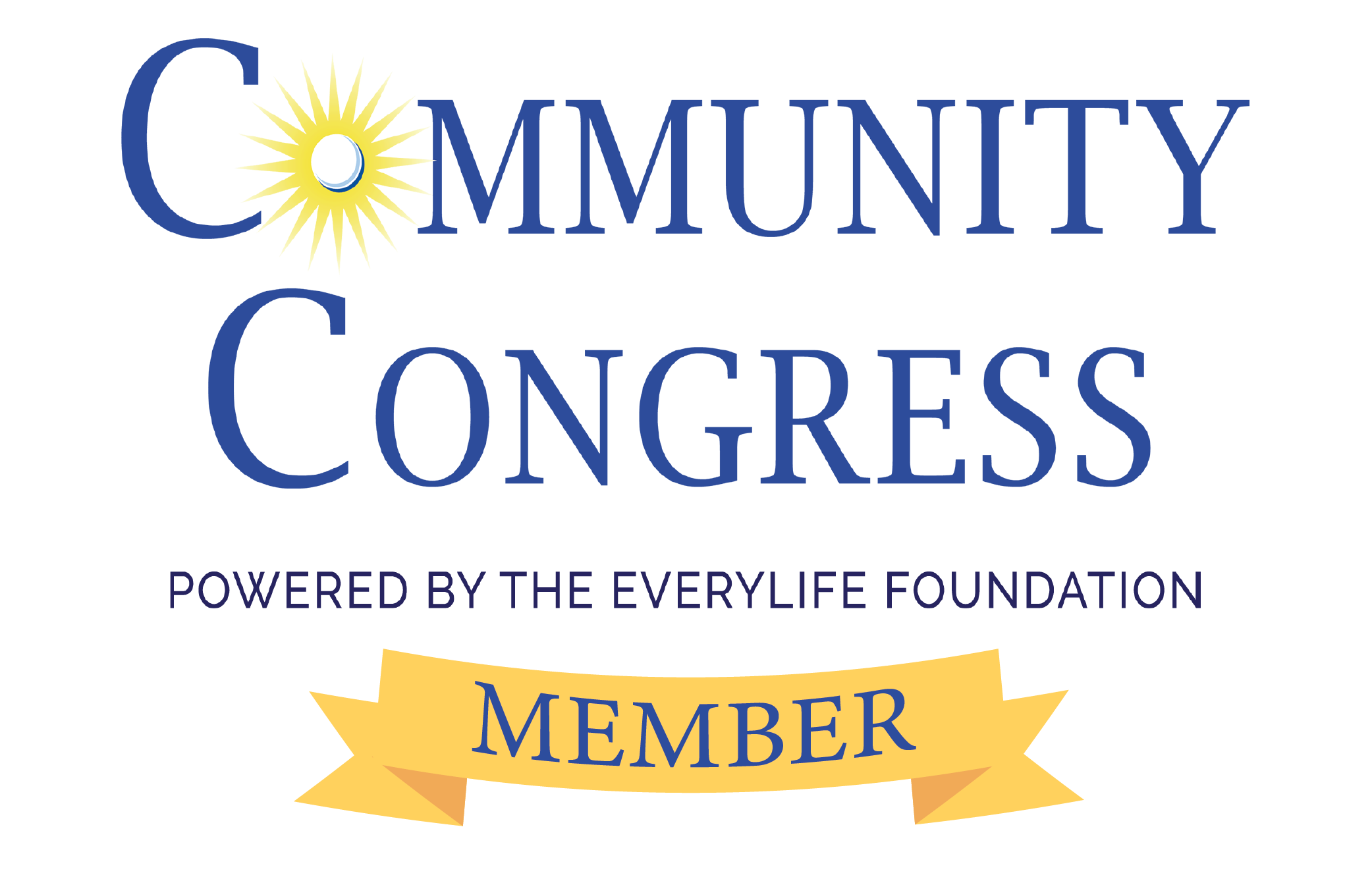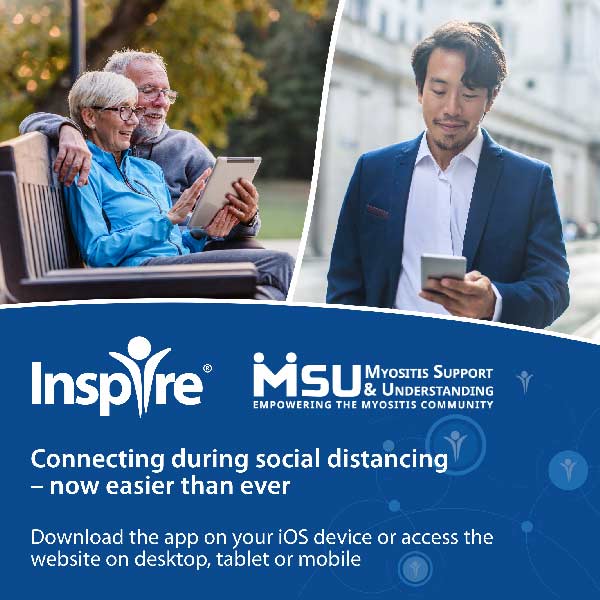Advocacy takes on many forms. In MSU it ranges from working at a federal level to influence legislation and policy, to collaboration between organizations, to the recognition of the needs of underserved groups. And it can mean putting a personal passion into action. Below are some ways MSU supports advocacy:
• At the national level, through EveryLife Foundation’s Rare Disease Community Congress Working Groups, in addition to working on the COVID-19 ad hoc committee, the MSU Board is lending our input in three critical areas:
(1) public policy,
(2) access to approved therapies,
(3) improving the regulatory process and advancing regulatory science for rare disease therapies.
• Within the myositis community we are part of the Myositis Coalition, a collaboration between the major myositis patient advocate organizations. The coalition will be looking into ways we can work across the organizations to improve the level of service and support to the community.
• As an organization we are committed to having our Diversity, Equity, and Inclusion (DEI) initiative be a driving voice to make sure our policies, and actions are representative of all myositis patients. To this end, we have collaborated with the Rare Advocacy Movement and have participated in the Our Lives Matter/ DEI assessment and unLearning program, where the MSU Board of Directors has been recognized as the first rare disease group to address the biases that are preventing MSU from effective outreach in our disenfranchised myositis communities. Through our ongoing conversations with DEI experts, we are dedicated to taking authentic actions that will allow us to build the trust of these communities.
Personal Highlights:
• Community Based Advocacy – Lynn Wilson has been recognized through MSU’s work with the Rare Advocacy Movement as a community base advocate leader and spoke at the recent World Evidence, Pricing and Access Congress on fostering collaboration with industry and on the role of the community-based leaders in ensuring the community is valued as an equal to industry-based rare disease stakeholders.
• COVID- 19 Global Rheumatology Alliance –With a vision of bringing together the global rheumatology community to curate and disseminate accurate and comprehensive knowledge to advance rheumatology care in the COVID-19 pandemic, Jerry Williams has made sure that MSU is playing a prominent role in promoting this important initiative within the myositis community at that the voices of our community are being heard.
• Finally on a personal level, our own Emily Filmore noted early that in many states the COVID-19 vaccine roll-out was mistakenly excluding autoimmune and immune-suppressed patients from vaccine priority based on a narrow interpretation of the CDC guidelines. She began advising for their priority, personally, and educating patients, medical personnel, state and local officials, the media, and eventually multiple patient advocacy organizations. She encouraged patients to do the same in their own states. She can’t claim any success as the vaccines were eventually accelerated to all who want them; but she put her passion into action by standing up, being bold and speaking out. This is what we encourage everyone in the community to do and what we at MSU are committed to doing.
Advocating for Myositis Patients and Caregivers
 Myositis patients deserve as many voices speaking for them as possible at all levels of policymaking. MSU is happy to lend our voice to that chorus. We will advocate for patient’s’ rights with insurance companies, government agencies, and lawmakers about medical care, health insurance, prescription drug issues, disability and social security issues, ADA accommodations, and other issues. Through letter writing campaigns, phone calls, and in-person meetings, we will help those in decision-making positions to understand that although we may be few in number, our lives still count, our issues still matter, and our problems still need to be addressed.
Myositis patients deserve as many voices speaking for them as possible at all levels of policymaking. MSU is happy to lend our voice to that chorus. We will advocate for patient’s’ rights with insurance companies, government agencies, and lawmakers about medical care, health insurance, prescription drug issues, disability and social security issues, ADA accommodations, and other issues. Through letter writing campaigns, phone calls, and in-person meetings, we will help those in decision-making positions to understand that although we may be few in number, our lives still count, our issues still matter, and our problems still need to be addressed.
You can join us by volunteering to write letters to lawmakers while also meeting with your local government. One specific way you can help is to write your state and local government to get proclamations for Rare Disease Day and Myositis Awareness Month every year!
We will help you by providing the information, training materials, and letter templates to get you started. Our individual voices as patients of a rare disease may be small, but when we put them together we can roar!









